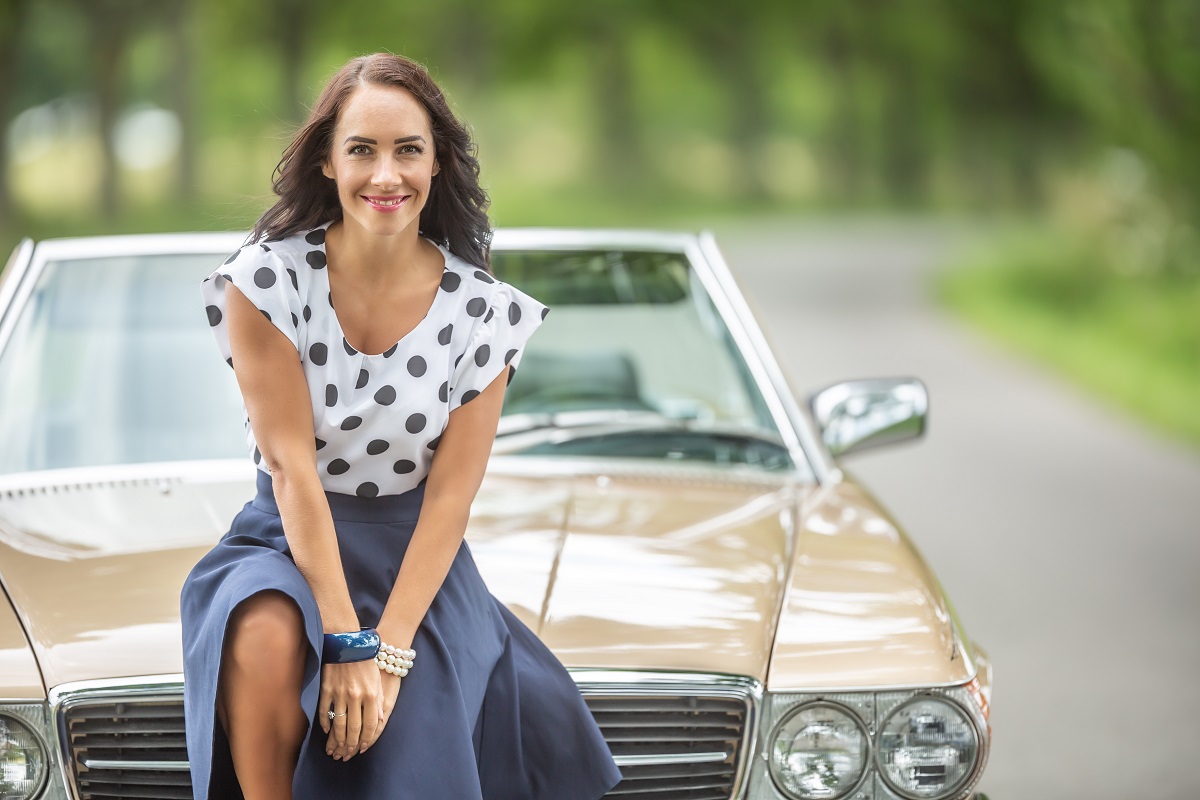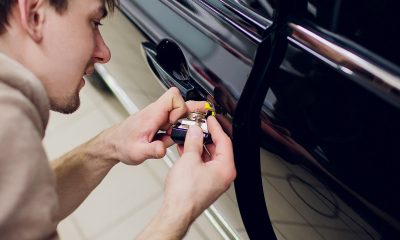Automotive
How to Find the Right Car
Classic cars are as representative of American culture as movies and fast food. Experts in muscle car restoration say that many people endeavor to integrate this love of old automobiles into their life as a hobby. In purchasing vintage cars and restoring them, many people are able to embrace the nostalgia that these vehicles inspire. However, this hobby of restoration is not necessarily an easy or cheap one. In order to successfully restore a classic car, you must put a lot of thought into the initial purchase of the car. Here are some of the most important things to consider when buying a classic car for restoration:
Consider Your Budget
One of the first things that you should consider before entering into a restoration project is how much money you have to spend. The second thing, which will factor into the budget, is how much you are able to accomplish yourself. This will largely determine the range of flexibility that you have. With the right tools and the right knowledge, you will be able to follow the most successful and cost-efficient path toward muscle car restoration. However, you must also budget for mistakes and setbacks along the way. If you want to completely remove the stress of these factors, then you may consider hiring professionals to do the bulk of the work. Restoration experts can tackle the majority of the technical side of restoration and allow you room to make more aesthetic choices and enjoy the ride.
Do Your Research
In order to save time and money, it is important to do good research before buying a classic car. When you’re looking at different online platforms and ads, note the average prices for different models with regard to the condition they’re in. This will give you an excellent point of reference when you’re dealing with specific sellers. You can also use NADA Guides to get a better idea of how much a vehicle is typically worth. This website will detail high, low, and average price ranges.
It is important to do this research before looking at models seriously in order to avoid impulse buying. Many people get excited about the options on the market and fall in love with the first car they see. However, this can be detrimental to the restoration process if they later find out that this base model is not up to par. Take your time making this decision because it is an investment as much as it is an enjoyable hobby.
Talk to the Seller
Another thing to consider when buying a classic car for restoration is the attitude of the seller. You can gauge the reliability of the vehicle by asking a lot of questions. A good seller will ease your mind by explaining everything in detail and showing your credentials. Never buy a classic car that doesn’t have a title. You should always have documentation of a car’s history in order to make sure that everything is within legal boundaries. Some good questions to ask your seller are how long they’ve had the car, what they used it for, and why they are selling it. It is pretty easy to tell when someone is not being truthful if they can’t answer these questions with confidence and ease.
Inspect the Car
When you’re buying a classic car, you should give it a good inspection. First, check to see if any restoration work has been started. Your seller will be able to tell you what has been done already. In some cases, this may mean less work for you. Other things that you should check for are rust, the quality of the suspension system, dents or scratches on the exterior, and the type of braking system. Determine the condition of the car by taking it for a test drive. Listen to the engine and notice the gear transitions. If there are any problems with the car’s running abilities, then you should factor that into your budget. Once you know what you’re getting yourself into, then you will have an easier time tackling the restoration process.






